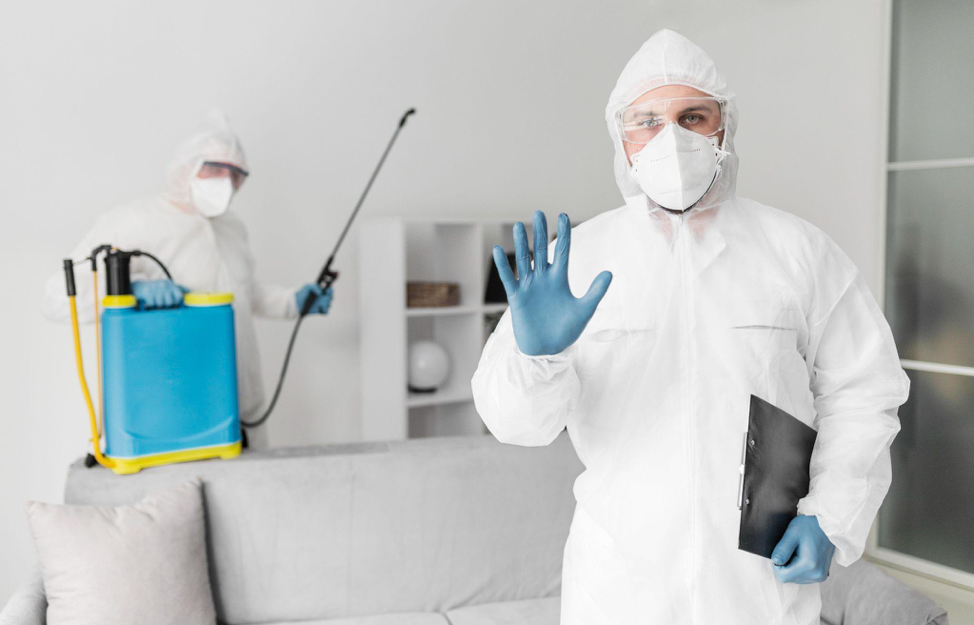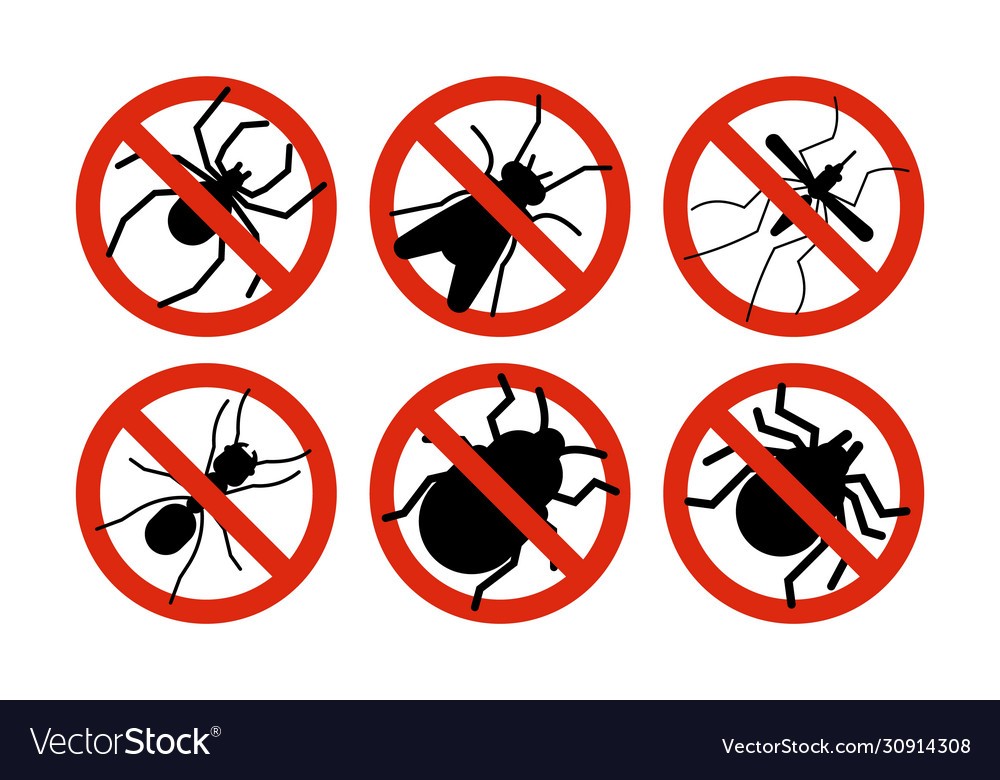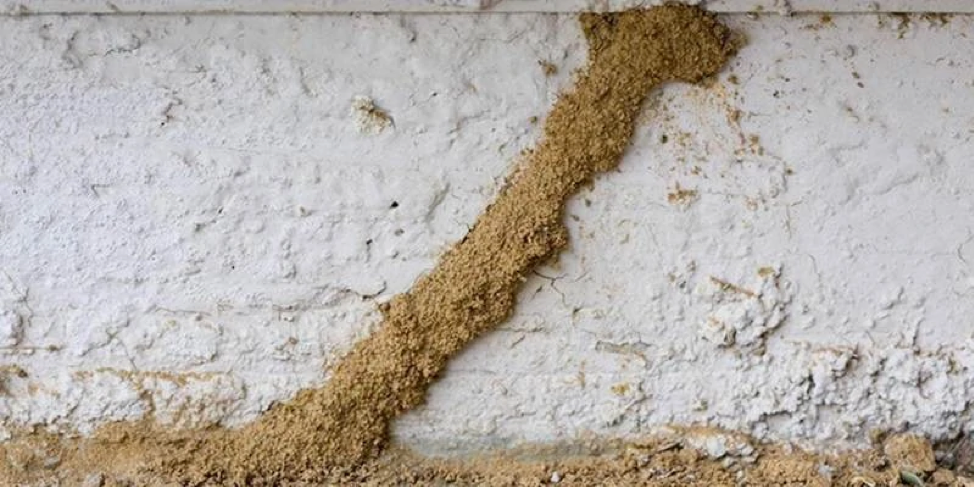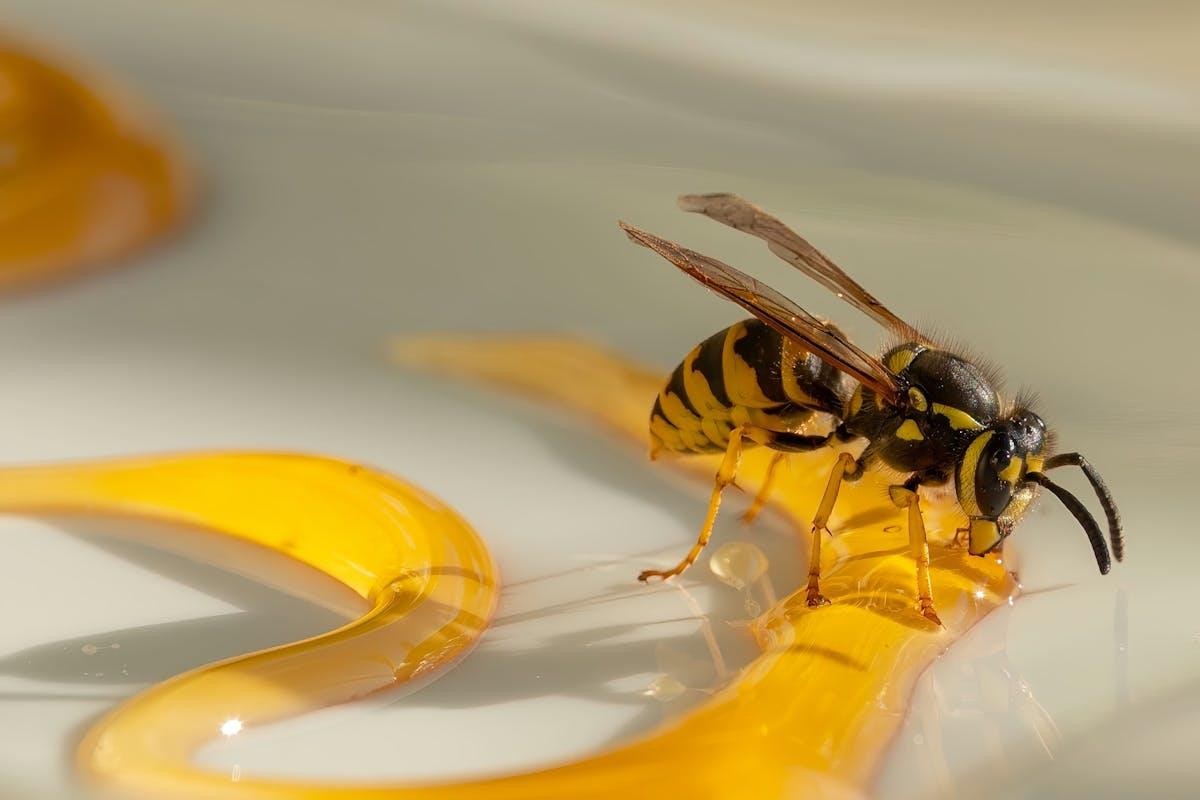Running a business and hosting pests? That’s a party you didn’t sign up for. But guess what? You’re the host, and the pests are the uninvited guests.
Well, the good news is you don’t need to manage them by yourself. With NH Pest Control, you have access to top-class commercial pest management methods tailored to the specific needs of your business. Our professionals provide a combination of advanced technology and time-tested methods to provide a pest-free space without interfering with your operations.
Based on Pest Control Canada (2025) data, commercial pest control expenses in Canadian commercial buildings have increased by 15%, especially in high-risk settings such as restaurants and warehouses. Effective pest control measures can prevent these increased costs as well as the possibility of pest infestation.
Take a closer look at this blog to learn actionable information on commercial pest control strategies and find out how frequent pest checks can save you from costly surprises. We guarantee it’s worth reading every word!
What are Common Pests in Commercial Properties?
A range of pests disrupts commercial businesses, each with specific challenges. Knowing the common pests found in commercial environments will assist business owners and property managers in designing proper pest control measures.
Frequent pests seen in commercial premises are:
- Rodents (Mice & Rats): These infestations can ruin merchandise, wiring, and insulation, and transmit disease.
- Cockroaches: Equipped with pathogens, cockroaches spread easily through food supplies and surfaces.
- Ants: Most often found in food-service establishments, ants infest kitchens, dining rooms, and warehouses.
- Flies: Flies can carry germs and result in health infractions in restaurants or food handling establishments.
- Termites: The hidden devastators cause serious structural damage, particularly in wood structures.
These common pests seen in commercial areas not only damage your property but also affect your business operations and reputation. A quick spray for your commercial pest control might give temporary relief, but long-term measures are required for effective control.
How to Control Commercial Pests?
When it comes to pest management, one size doesn’t fit. Businesses have to develop tailored commercial pest control solutions suited to their unique needs and hazards.
Different pest management approaches may be used depending on the degree of the infestation, the kind of pests, and the commercial setting.
Good pest control methods:
- Integrated Pest Management (IPM): This is a sustainable approach whereby prevention, surveillance, and treatment are combined to minimize pest populations. Emphasizing long-term prevention above rapid solutions, IPM is really successful for business settings.
- Chemical Treatments: Although instant sprays can treat transient pest infestations, employing the appropriate pesticides in a controlled way will minimize risks to employees and clients.
- Physical Barriers: Sealing cracks and putting in screens are easy yet effective ways to prevent pests from entering business premises.
- Exclusion Methods: They are measures taken to prevent pests from gaining entry, such as sealing gaps in windows or doors.
- Traps and Baits: Traps for rodents and insects are part of an integrated approach to monitoring and gradually lowering the pest population.
Every solution finds its niche in the pest control process, but companies should choose a combination of methods that suit the types of pests they are controlling.
What is the Commercial Pest Control Process?
Understanding the commercial pest control procedure is crucial even as you use a pest control business. This guarantees that every needed effort is undertaken to eliminate the insects and stop subsequent infestation.
Key Phases in the Pest Control Process:
- Initial Inspection: The pest control service first inspects your premises to detect the pests and possible entry points.
- Personalised Treatment Plan: According to the inspection, the pest control agency will formulate a customized plan that might involve treatments, baiting, and sealing of entry points.
- Implementation: The treatment is executed according to the plan, using environmental or chemical solutions as appropriate.
- Follow-up: Follow-ups are regularly conducted to inspect the pest activity and reapply the treatments if required.
Significance of Routine Commercial Pest Control Inspections
Good commercial pest control starts with frequent inspection. Regular pest inspections are vital to guarantee a pest-free setting, whether you have a warehouse, restaurant, or office.
Why Regular Inspections Are Necessary:
- Early detection: Routine inspections can find pest activity early on, before a minor problem develops into a major infestation.
- Compliance with Health Standards: In food-related enterprises, pest inspections are needed to remain compliant with health standards and prevent fines.
- Minimise Damage: Regular inspections minimise the possibility of property damage due to termites, rodents, and other pests.
A sound rule of thumb is to have pest inspections at least quarterly. High-risk settings, such as restaurants, might require monthly inspections.
Best Practices for Commercial Pest Control
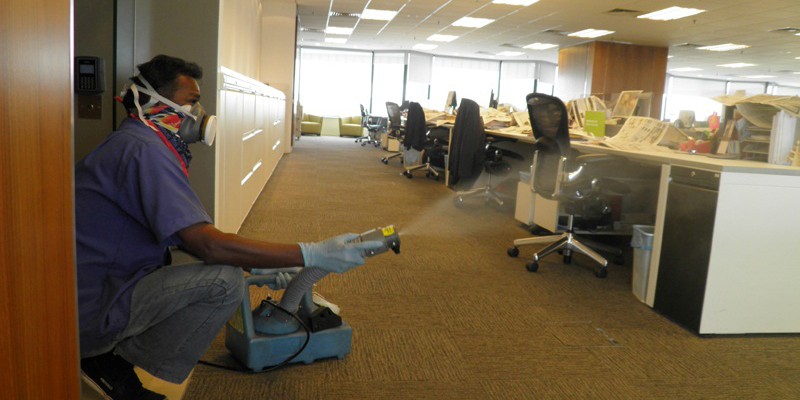
Good business commercial pest control strategies emphasise long-term prevention rather than just responding to infestations. Maintaining a pest-free business environment depends on best practices.
Best ways to stop pests:
- Keep cleanliness: Make sure all food preparation surfaces are cleaned often as this is one of the greatest resources to invite pests.
- Seal Entry Points: Seal windows, doors, and cracks to stop pests from entering.
- Store trash in closed bins: Remove the trash often from your home to prevent attracting pests.
- Smart food storage: Properly store food or inventory away from walls in sealed containers.
Train employees to identify the early indications of pest activity and to help keep the company clean throughout.
How to Choose the Right Commercial Pest Control Service
Here is how to choose the perfect one for your company.
- Experience and Reputation: Choose an expert with years of experience and a high reputation in commercial pest control.
- Eco-friendly Options: Think about businesses providing environmentally friendly commercial pest control products.
- Personalisation: The pest control company should modify treatments depending on the kind of your business and the pest issue.
- Licensing and Certification: Ensure commercial properties’ licensing and insurance for the pest control firm.
What to Anticipate:
Select a pest control company that provides inspection, treatments, and continuous assistance, that is, a thorough strategy.
Conclusion
Keeping a pest-free business environment is vital for your company’s success. To keep pests under control, you must have ongoing inspections, efficient pest control treatments, and long-term preventive measures.
Whether you operate in office spaces, retail, or the food business, professional commercial pest control can protect your company, preserve your reputation, and guarantee adherence to health and safety standards.
Call a trustworthy commercial pest management firm right now to develop a customised plan for your company.
Frequently Asked Questions
1. What is commercial pest control?
Commercial pest control is the control and prevention of pests in commercial settings, including restaurants, factories, and offices. It consists of both long-term and short-term plans meant to safeguard the business and assets.
2. How often should businesses have a commercial property Inspection?
Inspections are critical, so you need to conduct monthly inspections for high-risk enterprises like food service. Quarterly inspections are advised for additional business properties.
3. Can commercial pest control services prevent long-term pest problems?
Yes, through Integrated Pest Management (IPM), routine inspections, and preventive actions, including sealing entry points, commercial pest control services aim at long-term prevention.
4. How do pest control companies handle pest infestations in large commercial spaces?
Large areas call for tailored pest control plans developed by pest control firms utilizing specialized equipment such as thermal imaging or massive traps and bait.
5. What are the benefits of using professional commercial pest control services over DIY methods?
Professional services offer experience, sustainable solutions, and a long-term prevention strategy, qualities lacking in do-it-yourself approaches. Furthermore, experts can guarantee compliance with health codes and efficiently manage major infestations.


